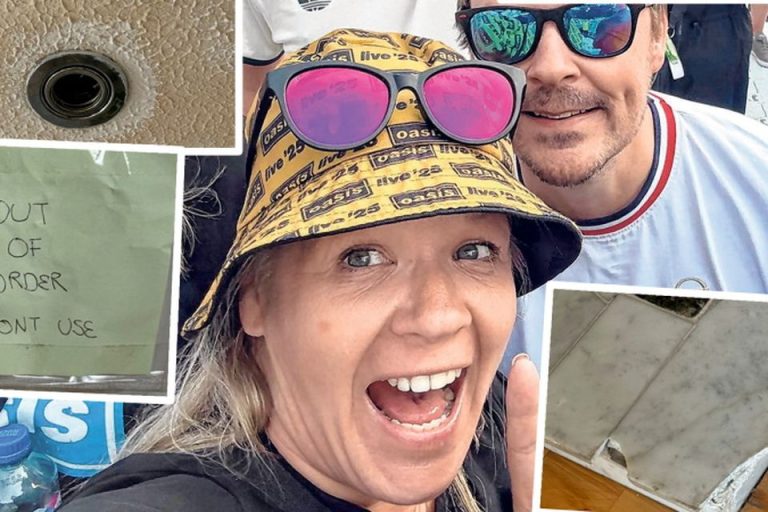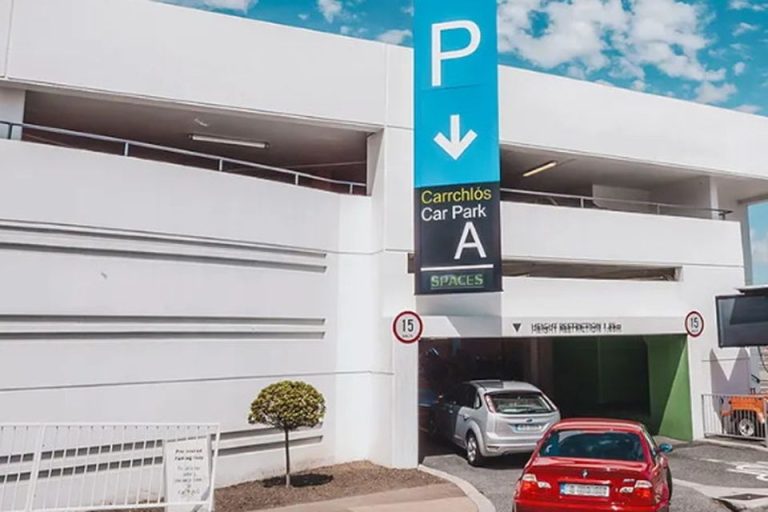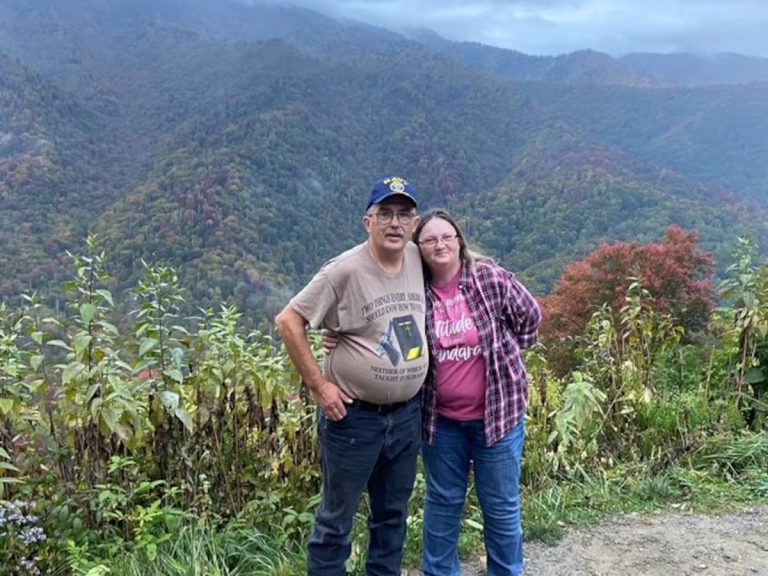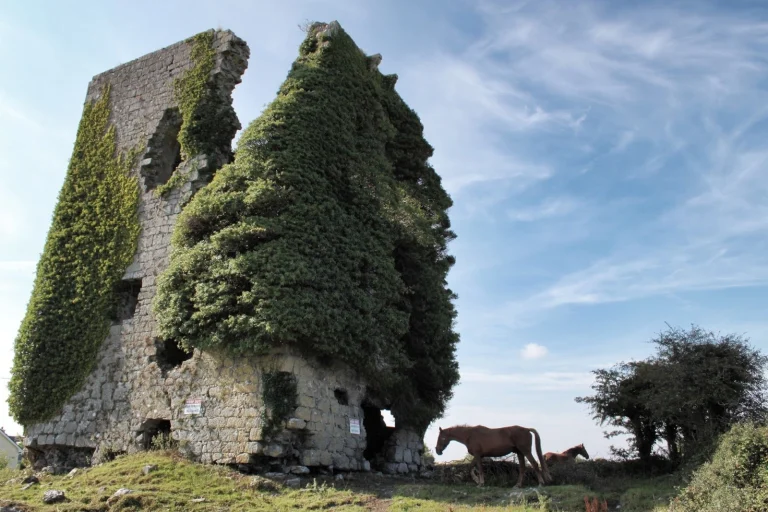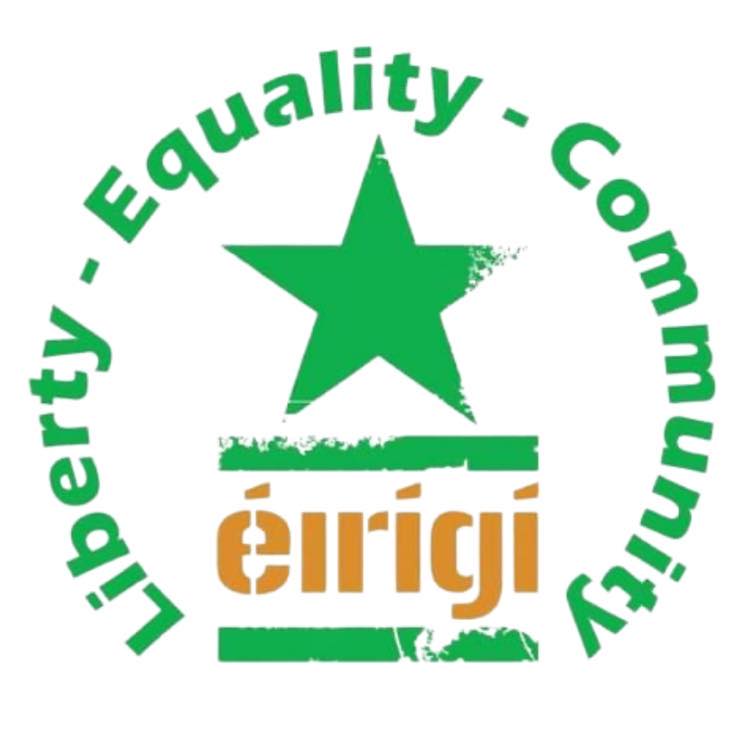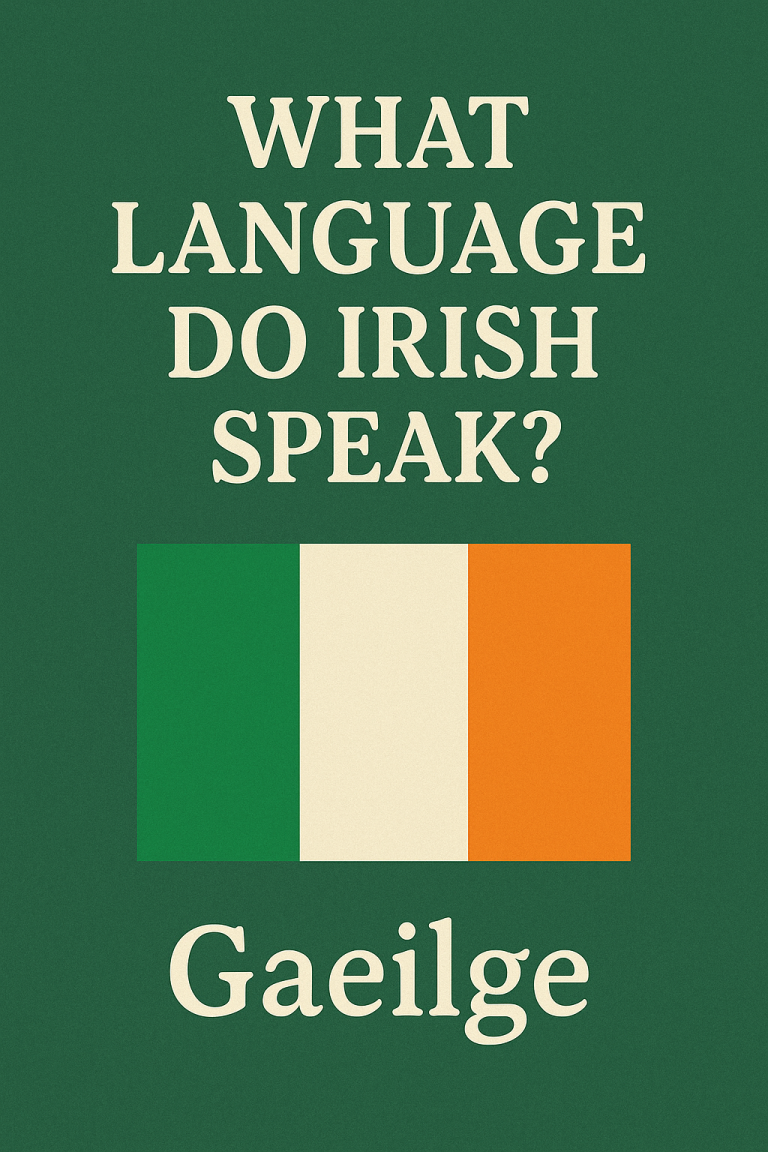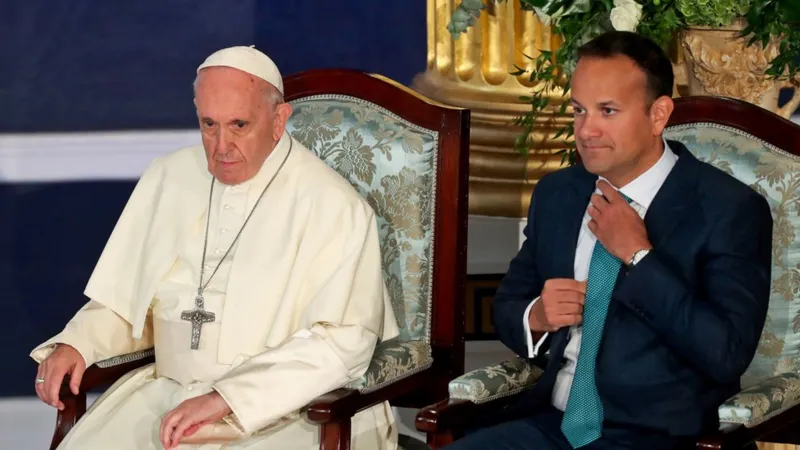
The world awoke on Easter Monday, April 21, 2025, to the somber news: Pope Francis died. The Vatican, through Cardinal Kevin Farrell, announced that the 88-year-old pontiff had passed away at 7:35 a.m. (05:35 GMT).
The news, rapidly spreading via rte news, sky news, and other global outlets, triggered an outpouring of grief and reflection on his remarkable life and papacy.
“At 7:35 this morning, the Bishop of Rome, Francis, returned to the home of the Father,” Cardinal Farrell stated, acknowledging a life dedicated to service and a message of “universal love, especially for the poorest and most marginalized.” The announcement, broadcasted widely as pope francis news and breaking news, signaled the end of an era.
Pope Francis’s 12-year papacy, marked by his humble demeanor and passionate advocacy for social justice, had left an indelible imprint on the Catholic Church and the world. His passing, following a prolonged hospitalization due to respiratory complications, has prompted global tributes, including heartfelt statements from Irish leaders.
Pope Francis and Ireland: A Connection Forged in Humility and Healing
For Ireland, the passing of Papa Francisco holds particular significance, intertwined with his 2018 visit for the World Meeting of Families. The Pope visit to Ireland 2018 attendance was massive, with the Pope Francis Ireland Phoenix Park mass drawing huge crowds. However, the visit was more than a ceremonial occasion; it was a moment of reckoning.
During his time in Ireland, Pope Francis acknowledged the deep wounds inflicted by historical child abuse within the Catholic Church, expressing “pain and shame” for the failures of church authorities. This act of contrition resonated deeply with many Irish people, marking a significant step toward healing and accountability. This contrasted significantly with the Pope visit to Ireland 1979 which occurred in a very different Ireland. The 2018 visit displayed a Pope willing to acknowledge the failings of the church head on.
“During his visit to Ireland, many will also remember Pope Francis’ expression of pain and shame about historic child abuse in the Catholic Church and his outrage about the failure of Church authorities to adequately address these appalling crimes,” Taoiseach Martin stated.
Pope Francis’s impact on Ireland extended beyond his public pronouncements. He sought to connect with the Irish people on a personal level, demonstrating a genuine concern for their well-being. This created a lasting impression, solidifying his place in the hearts of many.
Reflecting on a Transformative Papacy
The news of pope dead and pope francis dead has sparked a global conversation about his legacy. Michael Kelly, in his analysis, noted that Pope Francis “was never afraid to prick the conscience of both liberals and conservatives,” advocating for the poor and challenging the inequalities of modern society.
As the world grapples with the loss, questions arise about the future of the Catholic Church. The term conclave is now prominent in news reports, as cardinals from around the world prepare to gather in Rome to elect a successor. The question of who will be the next pope is on everyone’s mind.
Answering Your Questions About Pope Francis and the Papacy
In the wake of pope francis death, here are some of the most frequently asked questions:
What did Pope Francis do in Ireland?
He visited Ireland in 2018 for the World Meeting of Families, addressing historical child abuse within the Catholic Church and offering messages of hope and reconciliation.
Did Pope Francis live in Dublin?
No, he visited Dublin during his 2018 trip. He resided in the Vatican City.
Are there any popes from Ireland?
No, there have been no popes from Ireland.
Why did Pope Francis quit?
As mentioned above, did pope francis die is the correct terminology. He passed away due to complications from respiratory issues. There were no prior announcements of resignation.
Why is Pope Francis so special?
He was the first Latin American pope, known for his humility, advocacy for the poor, and progressive views on social issues. His open and direct communication style, and his focus on mercy and compassion, set him apart.
Who was the Pope during the famine in Ireland?
Pope Pius IX was the pope during the Great Famine in Ireland (1845-1849).
What does the Pope do all day?
The Pope’s daily life involves a multitude of responsibilities, including celebrating Mass (though why doesn’t Pope Francis celebrate Mass regularly has been a topic of discussion, often delegated due to health), holding audiences with religious and political leaders, writing encyclicals and other important documents, leading prayers and ceremonies, and overseeing the administration of the Catholic Church worldwide.
Has there ever been a female pope?
The Catholic Church maintains that there has never been a female pope. The legend of “Pope Joan” is a medieval tale with no historical basis.
Where is Pope Francis living now?
Prior to his death, pope francis was living in the Domus Sanctae Marthae within Vatican City. Now, preparations are underway for his funeral and the subsequent conclave.
What things did Pope Francis do?
What did Pope Francis do? His actions included advocating for refugees and migrants, speaking out against climate change, reforming the Vatican bureaucracy, promoting dialogue with other religions, emphasizing pastoral care and mercy, and addressing the issue of clerical sexual abuse.
What did the Catholic Church do in Ireland?
The Catholic Church has played a significant role in Irish history, establishing schools, hospitals, and charitable organizations. However, it has also been embroiled in controversies, particularly concerning the handling of child abuse allegations.
What is Pope Francis responsible for?
What is Pope Francis responsible for? As the head of the Catholic Church, he was responsible for the spiritual guidance of over a billion Catholics worldwide, for upholding and interpreting church doctrine, for appointing bishops and cardinals, and for representing the Catholic Church on the global stage.
What pope sent St Patrick to Ireland?
Pope Celestine I is traditionally credited with sending St. Patrick to Ireland in the 5th century to Christianize the island.
The Legacy of Papa: A Time for Reflection
The passing of Pope Francis marks the end of a significant chapter in the history of the Catholic Church. His emphasis on compassion, his concern for the marginalized, and his willingness to confront difficult truths have left a lasting impact. As the world mourns the loss of this influential figure, his pope francis health struggles in recent years are also remembered. The period following his death will be one of reflection and transition, as the Cardinals gather to elect his successor, and the world considers the legacy of the papa who sought to build bridges and heal wounds. The memory of his Pope visit to Ireland 1979 vs 2018 highlights a changing Ireland and a papacy that sought to engage with its complexities.
